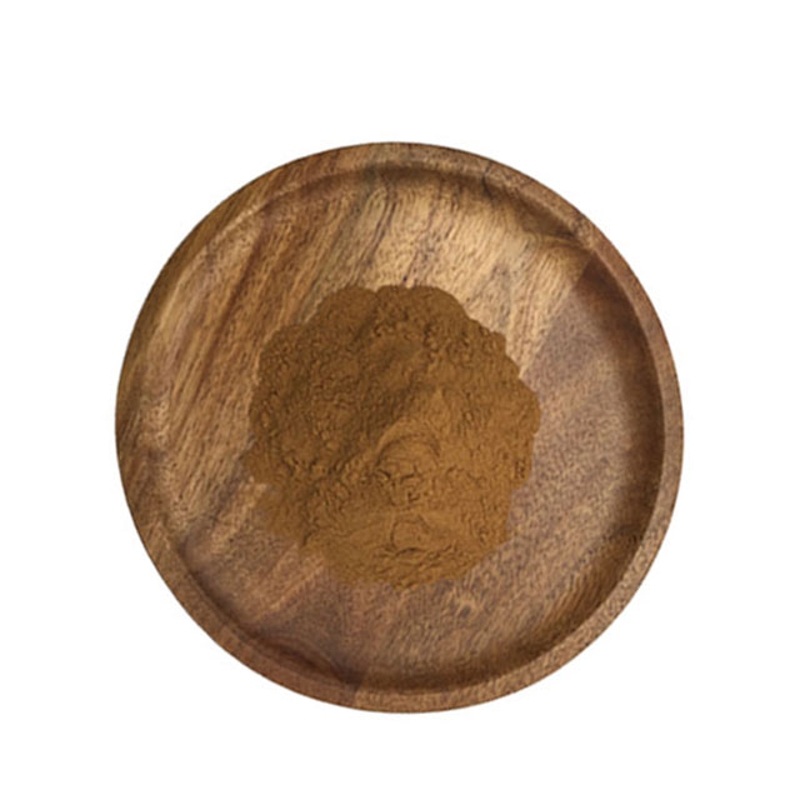-
Categories
-
Pharmaceutical Intermediates
-
Active Pharmaceutical Ingredients
-
Food Additives
- Industrial Coatings
- Agrochemicals
- Dyes and Pigments
- Surfactant
- Flavors and Fragrances
- Chemical Reagents
- Catalyst and Auxiliary
- Natural Products
- Inorganic Chemistry
-
Organic Chemistry
-
Biochemical Engineering
- Analytical Chemistry
- Cosmetic Ingredient
-
Pharmaceutical Intermediates
Promotion
ECHEMI Mall
Wholesale
Weekly Price
Exhibition
News
-
Trade Service
Patients with Helicobacter pylori infection have secondaryThe risk of gastric cancer is very high.
Although some patients with gastric cancer have undergone endoscopic mucosal dissection (ER), the stomach is still preserved, so there is still the possibility of gastric precancerous lesions such as atrophic gastritis or intestinal metaplasia.
There is still a risk of gastric cancer when Helicobacter pylori continues to be infected
.
For patients with no history of gastric cancer (ie, healthy people), Helicobacter pylori infection in severe atrophic gastritis is a well-known risk factor for primary gastric cancer
Patients with Helicobacter pylori infection have secondaryThe risk of gastric cancer is very high.
The researchers included a total of 483 patients with positive Helicobacter pylori infection into this study.
All patients with early gastric cancer who were treated with ER were divided into two groups: (i) within 1 year of successful eradication of Helicobacter pylori Patients who underwent ER (eradication group, n=294) and (ii) failed or did not try to eradicate Helicobacter pylori (non-eradication group, n=189)
.
Then the differences in the cumulative incidence of metachronous gastric cancer in all patients, mild to moderate atrophic gastritis (n=182) and severe atrophic gastritis (n=301) between the two groups were compared
During a median follow-up of 5.
2 years, 52 (17.
7%) patients in the eradication group and 35 (18.
5%) patients in the non-eradication group developed metachronous gastric cancer (P = 0.
11)
.
Among patients with mild to moderate atrophic gastritis (111 cases and 71 cases in the eradicated group and the non-eradicated group, respectively), the cumulative incidence of metachronous cancer in the eradicated group was significantly lower than that in the non-eradicated group (P = 0.
Figure: The incidence of gastric cancer in different patients
Finally, the author said: Eradication of Helicobacter pylori has a preventive effect on the occurrence of metachronous gastric cancer in patients with mild to moderate atrophic gastritis
.
.
prevention
Original source:
Minoru Kato.
Helicobacter pylori eradication prevents secondary gastric cancer in patients with mild-to-moderate atrophic gastritis.
Leave a message here







